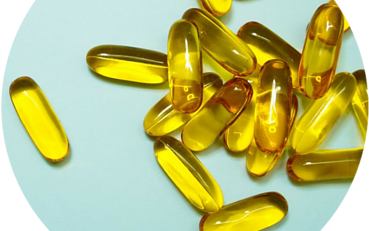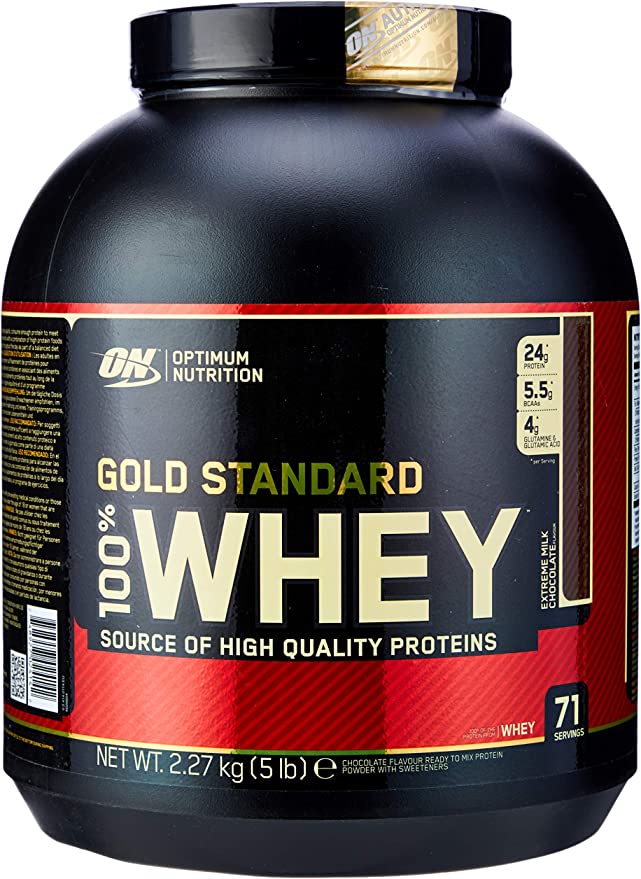As footballers, we are always looking for that extra something that will give us a competitive edge over someone else. Whether that is nutritional supplements, additional practice on the pitch to improve skills and ability, becoming fitter or upping the gym work to become stronger. We want to be better than the person who plays in our position to ensure we make the team for the next game ahead of them.
Children are competitive by nature anyway but the higher you go in football the more important that edge becomes vital because it could be your job, part-time or full-time and you are always playing for that next contract or deal. As an ex-professional player myself I know what it takes to get to the top and how hard it is to stay there it’s more than dedication, sacrifice and hard work because just about every other player is doing the same.
What are the best supplements for football players? I have personally tried lots of legal supplements over the years to find that edge, some good and some a waste of time. I also had to be very careful with the supplements I used and had to regularly check them against the official drug list to ensure I was not obtaining an unfair advantage and also because of the regular drug tests we had.
The Facts
Using nutritional supplements in football has gained a significant increase over the years since the game has become faster, skilful and more intense. A supplement that can help to improve athletic performance is called an “ergogenic aid” and is often used to support enhancement in performance, improve recovery or support general health.
Although supplements may be able to support all those things they should never replace a healthy balanced diet (read my other post Why is Good Nutrition Crucial in Football?) which is why there is an obvious reason they are called supplements.
However, preparing and eating healthy balanced meals may be a challenge in itself, as food today does not have the same value as it did 70+ years ago. Back then; farmers restored nutrients to the soil by mulching with natural fertilizers, and by rotating crops. Today there is extensive use of chemical substances that eventually deplete the soil of some essential components necessary for good nutrition.
The result is the supply of beautiful produce that looks great, but does not have the vitamins and minerals it should have, and did have 70+ years ago. Today’s food also loses value in the processes it is subjected to. For example putting food in cans, freezing it, and even cooking fresh food all cost in nutritional value.
The very popular added convenience of “ready-to-eat” foods also takes away even more necessary elements (Not to mention the chemical food preservatives, stabilizers, flavour enhancements, artificial colours, and other stuff that is being ingested).
So with that information in mind, using nutritional supplements to balance out a healthy diet is quite a good idea, as not every player has a personal chef or even the time to plan a well-balanced meal every night.
Which Supplements are Best

There are literally thousands of available supplements on the commercial market that all claim to improve power, endurance, speed, and muscle growth as well as promote recovery from injury.
It is incredible to think but not be surprised to know the sports supplement industry is a multi-billion dollar business, especially when footballers and athletes are looking for that edge in additional power, endurance speed and muscle growth to help improve their performances.
As these products are commercially available and not all football players are at the elite end of the game and don’t have access to world-class sports scientists and facilities, they will more than likely get overwhelmed by the choices and probably go for the more commonly commercially driven supplements as opposed to the supplements based on the evidence and research.
I have written in the table below some best supplements for footballers that are allowed in the professional game.
Please note this is not an exhaustive list just based on my own experiences with supplements and some of the particular brands I used as a professional footballer.
SUPPLEMENTS | FUNCTION |
| PROTEIN  | This is a convenient way to contribute to the daily protein requirements. Protein powders (along with carbohydrates), post-training or games may have a role as part of a player’s recovery plan. Protein also helps to preserve muscle, build muscle and aid players in being able to perform at the peak levels required throughout the season. Click Here for more details |
| CREATINE  | Can help with improving single or multiple sprints, by increasing the energy available during intense exercise. Can also increase glycogen stores in the muscles. Click here for more details |
|
CAFFEINE |
Drinking coffee before training or matches is said to have fat-burning tendencies. Coffee is believed to force the body to use fat for energy instead of glycogen stores. It also speeds up the metabolism and suppresses appetite, meaning no binge eating outside of a healthy diet. |
|
SODIUM BICARBONATE | Baking soda can buffer the body’s carbon dioxide (CO2) and acidity levels during high-intensity exercise and remove them via the lungs. Too much acidity during exercise leads to fatigue and a build-up of lactic acid (a burning sensation in the muscles). |
| BETA-ALANINE  | This is an Amino Acid that is used to make carnosine, which works to buffer the acidity produced in the muscles when training hard. It can also delay fatigue in the muscles and may also Improve aerobic and anaerobic endurance. Click here for more details |
| BEETROOT JUICE  | Can help with delaying fatigue, improving Oxygen delivery and increasing the delivery of nutrients to the muscles. This is due to the large amount of nitrate contained in beetroot. Nitrates are converted into nitric oxide, which plays a vital role in the body. Click here for more details |
|
VITAMIN D |
This plays a huge role in helping the body absorb calcium, which keeps the bones strong. It also helps keep the immune system functioning optimally so that players can spend more time on the pitch and less time in bed sick. |
| FISH OIL  | These are essential fatty acids for the body to perform at its best. The benefits include: reducing inflammation and muscle soreness, increasing muscle synthesis (repairing muscle damage) and can also improve aerobic metabolism. Click here for more details |
Conclusion
If you are a footballer looking for that extra edge to improve your performance then supplements can help support a healthy balanced diet. They will not as sometimes commercially advertised make you stronger, bigger, faster or even slimmer among other things.
They will however do what they are supposed to do, support and supplement whatever you are missing from your diet. Always do your own research before purchasing any supplements and make sure it is backed up by science. Recommendations are also good as long as they are from credible sources, not just someone trying to make a few quid.
I personally try to get as many vitamins and minerals from natural unprocessed foods and only use supplements if I’m not totally sure they are coming from all the foods I eat. I will use Protein Powder (to build muscle and strength) or Branch Chained Amino Acids (BCAAs give my muscles the exact amino acids quicker after training), Multivitamins (fills in any gaps in my nutrition), Omega 3 fish oil (which helps to lubricate the joints)


